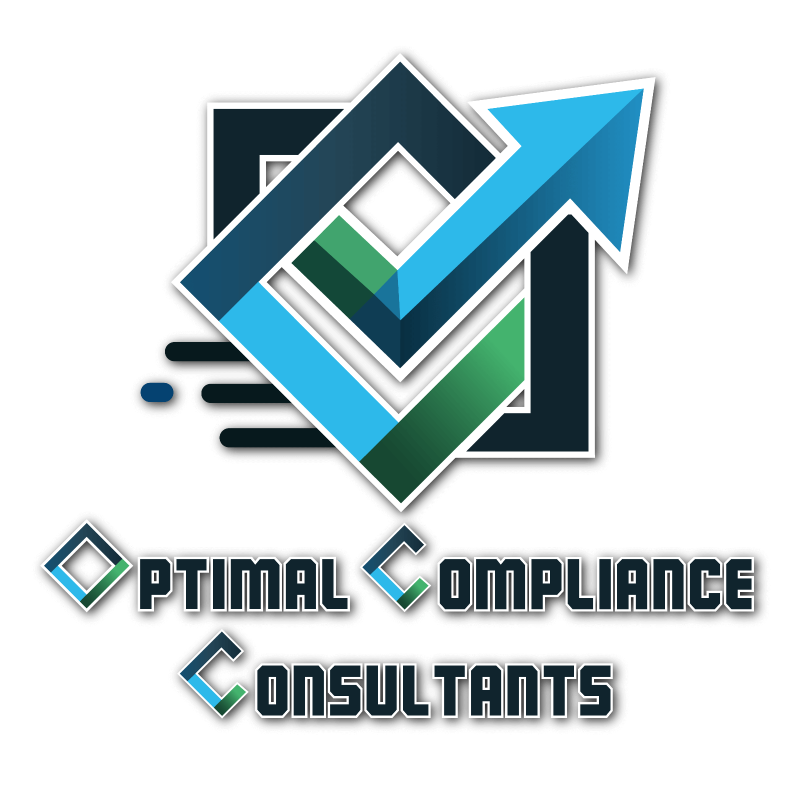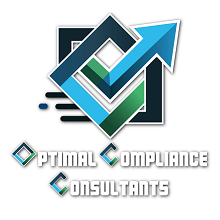ISO Quality Systems: Building Excellence in Business
What Are ISO Quality Systems?
ISO Quality Systems are internationally recognized standards designed to help organizations implement effective management strategies. The ISO 9000 family is one of the most widely used frameworks and includes:
- ISO 9001: Provides requirements for quality management systems (QMS).
- ISO 9000: Explains fundamental principles and terminology for QMS.
- ISO 9004: Focuses on achieving sustainable success through quality improvement.
These systems ensure organizations maintain high standards across operations and comply with global benchmarks.
Key Advantages of Certification
Achieving certification under ISO standards can transform the way your business operates, offering benefits such as:
- Greater customer trust through consistent quality delivery.
- Streamlined processes that reduce costs and enhance efficiency.
- Recognition in global markets, boosting opportunities for expansion.
- Reduced risks through better process control and documentation.
- Improved team engagement by fostering accountability and clarity.
Quality Certification and What It Involves
A certification demonstrates that an organization meets ISO standards for quality management. It involves independent assessment and validation by accredited bodies. This process not only assures stakeholders of your commitment to quality but also enhances your competitive advantage.
Key Features of a Quality Management System
- Customer-Centric Approach: Meeting and exceeding customer expectations.
- Leadership Commitment: Alignment of organizational goals with quality objectives.
- Employee Involvement: Engaging teams at all levels to improve outcomes.
- Process Efficiency: Managing activities cohesively for better performance.
- Data-Driven Decisions: Using analytics to guide improvements.
ISO 9000 Certification: Is It Right for You?
ISO 9000 certification is a step toward establishing a robust management framework. It’s beneficial for organizations across industries, including manufacturing, services, and public sectors. By aligning operations with this standard, businesses can deliver consistent quality, enhance reputation, and achieve sustainable growth.
How to Get Certified
Here’s a simplified path to achieving ISO certification:
- Understand the requirements and how they apply to your business.
- Assess existing practices and identify areas for improvement.
- Develop a tailored quality management system.
- Train your team to implement and maintain the new processes.
- Conduct internal audits to ensure readiness for external review.
- Engage an accredited certification body for assessment.
- Maintain and improve processes to keep the certification valid.
Continuous Improvement for Long-Term Success
A hallmark of ISO standards is their focus on ongoing enhancement. By regularly evaluating and refining your systems, your organization stays adaptable and competitive. This proactive approach ensures your processes keep pace with customer needs and market demands.
Tools for Improvement
- PDCA Cycle: A systematic method for making improvements.
- Regular Audits: Identifying areas to refine through periodic reviews.
- KPIs: Monitoring key metrics to track progress.
Why ISO Quality Systems Matter
Adopting ISO Quality Systems goes beyond compliance—it’s about building trust, enhancing efficiency, and fostering innovation. Certification demonstrates to customers, partners, and stakeholders that your organization values quality and continuous improvement.
Conclusion
ISO Quality Systems provide a pathway to excellence by integrating best practices into your business operations. Whether you’re starting your journey or looking to refine existing processes, aligning with ISO principles ensures you stay ahead in a competitive market. By focusing on quality, your organization can build trust, grow sustainably, and achieve long-term success.





